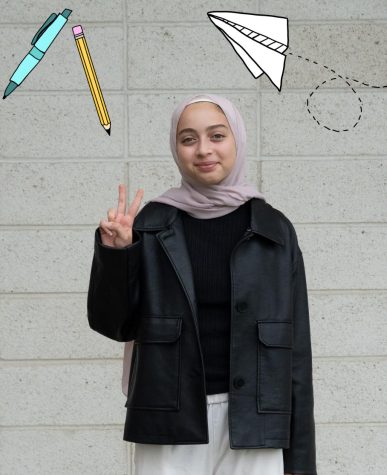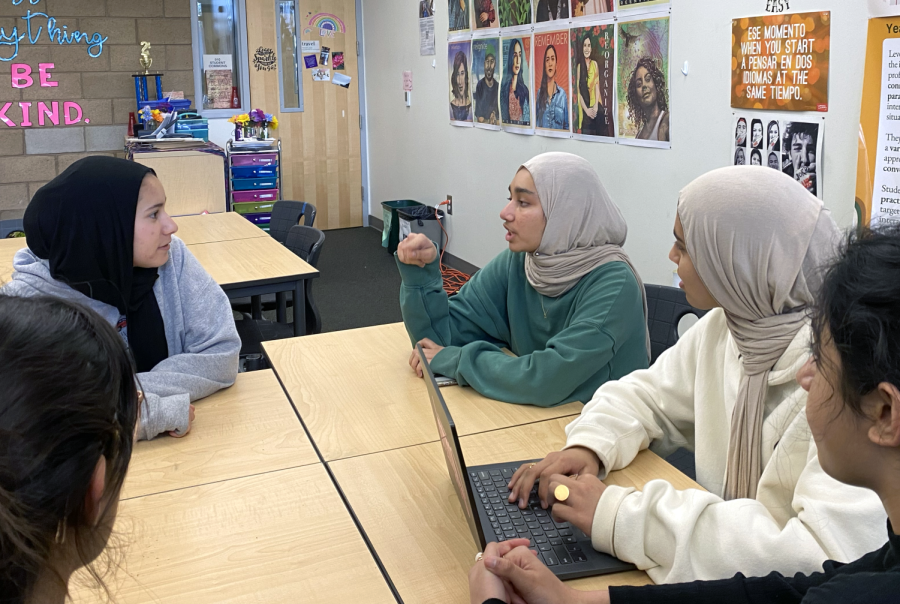Ramadan: A Month of Detoxification for Muslims
For Muslims worldwide, the appearance of the bright crescent moon amid the starry dark sky marks the beginning of a month of improvement and discipline: the month of Ramadan. Expected to begin on March 23, the month of Ramadan is a holy one in the Islamic calendar — full of loud gatherings, vibrant decorations and delectable food.
Ramadan is believed to be the month when the Quran was first revealed to the prophet Mohammed. Because of this, many Muslims concentrate on spiritual devotion and reflection.
To prepare for Ramadan, Muslims fix their sleep schedule to get ready for suhoor -a meal eaten before sunrise prior to fasting- and set goals of improvement they can track and measure when the month comes to an end, according to Muslim Student Association board member and sophomore Eshal Khoso.
“I prepare for the month of Ramadan by trying to start instilling the good habits that I want to pick up during Ramadan, like learning more and educating myself more,” Khoso said. “I try to do it a couple days or weeks before Ramadan so I can get into that habit.”
Throughout the month, Muslims refrain from harmful speech and actions and instead apply good deeds like participating in acts of charity and showing compassion, according to Khoso.
“It’s more than just refraining from food and water,” Khoso said. “It’s a way to not only detoxify your body with fasting, but also detoxify all the bad habits you’ve picked up throughout your life.”
For many Muslims, these lifestyle changes can encourage a sense of calmness, peace and fulfillment, serving as a catalyst for long-term improvement, according to junior Ennes Kahf.
Alongside these spiritual practices, Ramadan is also filled with gatherings as friends and family meet to break their fast every night with a large array of dishes. The gatherings, which many Muslims look forward to and organize before the month begins, provide an opportunity to connect with their community every year, according to Kahf.
“The best part of Ramadan is definitely the iftars, which is when we break our fast,” Khaf said. “We usually go to other people’s houses and different events where a bunch of people are there, and it’s just a good time to connect with your friends and your family.”
Following the month of Ramadan, Eid al-Fitr, a heartwarming celebration in which Muslims dress in cultural attire for prayer and eat with family and friends, marks the end of the month-long fast. Eid is predicted to go from April 21-22.
“What my friends and I do is we get like mehndi or henna on our hands a couple days before Eid,” Khoso said. “We have a lot of fun doing it. It’s so nice to come together on Eid with all of our designs and dresses.”
Your donation will support the student journalists of Portola High School. Your contribution will allow us to purchase equipment and cover our annual website hosting costs.

Jana Malek is a staff writer for the Portola Pilot. She is excited to spend her final year running around with a camera behind deadline. When she's not...




